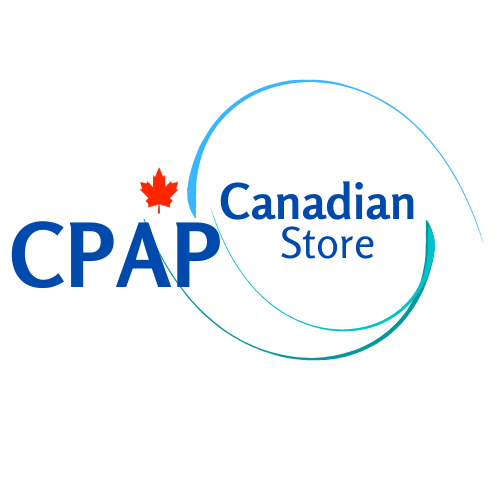Nasal masks are a popular choice among CPAP users for their balance of comfort and effective therapy. These masks are designed to cover the nose from the bridge to the upper lip, providing a secure and comfortable fit. In this blog post, we will explore what nasal masks are, their benefits, potential drawbacks, and tips for choosing the right one for your needs.
What Are Nasal Masks?
Nasal masks are a type of CPAP mask that fits over the nose, covering the bridge of the nose to the upper lip. They are designed to deliver continuous positive airway pressure (CPAP) to keep the airways open during sleep, ensuring effective treatment for sleep apnea.
Benefits of Nasal Masks
- Comfortable Fit: Nasal masks provide a comfortable fit for many users, distributing pressure evenly around the nose and reducing the likelihood of pressure sores and irritation.
- Good Seal: These masks generally provide a good seal, which helps prevent air leaks and ensures effective CPAP therapy. The secure fit makes them suitable for higher pressure settings.
- Less Intrusive: Compared to full-face masks, nasal masks are less bulky and intrusive, making them easier to adjust to and more comfortable for many users.
- Wide Range of Options: Nasal masks come in various designs and sizes, allowing users to find the perfect fit for their facial structure and personal preferences.
Potential Drawbacks of Nasal Masks
- Not Suitable for Mouth Breathers: Nasal masks are not ideal for users who breathe through their mouth unless used with a chinstrap to keep the mouth closed during sleep.
- Possible Nasal Congestion: Users with frequent nasal congestion or allergies may find it difficult to use nasal masks effectively, as they rely on clear nasal passages for optimal performance.
Tips for Choosing the Right Nasal Mask
- Determine Your Breathing Pattern: Ensure that a nasal mask is suitable for your breathing pattern. If you primarily breathe through your nose, a nasal mask can be an excellent choice.
- Consider Your Comfort Preferences: Look for nasal masks with soft cushions and adjustable headgear to ensure a comfortable and secure fit. Some masks offer gel cushions for added comfort.
- Check for Ease of Cleaning: Choose a mask that is easy to disassemble and clean. Regular cleaning is essential for maintaining hygiene and prolonging the life of your mask.
- Try Different Models: Many CPAP suppliers offer trial periods or mask fitting services, allowing you to try different nasal masks to find the one that works best for you. Take advantage of these services to ensure a good fit and comfort.
- Consult with Your Healthcare Provider: Your healthcare provider or a CPAP specialist can provide personalized recommendations based on your specific needs and preferences. They can also help you troubleshoot any issues with your mask fit or comfort.
Popular Nasal Mask Models
- ResMed AirFit N20: Known for its comfort and secure fit, the AirFit N20 features an InfinitySeal cushion and adaptive headgear, making it suitable for a wide range of users.
- Philips Respironics DreamWear Nasal Mask: This innovative mask features a top-of-the-head hose connection and a soft, under-the-nose cushion, providing a comfortable and unobtrusive fit.
- Fisher & Paykel Eson 2: The Eson 2 offers a RollFit seal and intuitive headgear design, ensuring a stable and comfortable fit throughout the night.
Conclusion
Nasal masks are an excellent option for CPAP users who prefer a comfortable and less intrusive mask design. They offer several benefits, including a secure fit, good seal, and wide range of options. However, they may not be suitable for mouth breathers or individuals with frequent nasal congestion. By understanding the benefits and potential drawbacks of nasal masks, you can make an informed decision and choose the mask that best meets your needs. If you have any questions or need further assistance, consult your healthcare provider or CPAP supplier for personalized advice and support.

